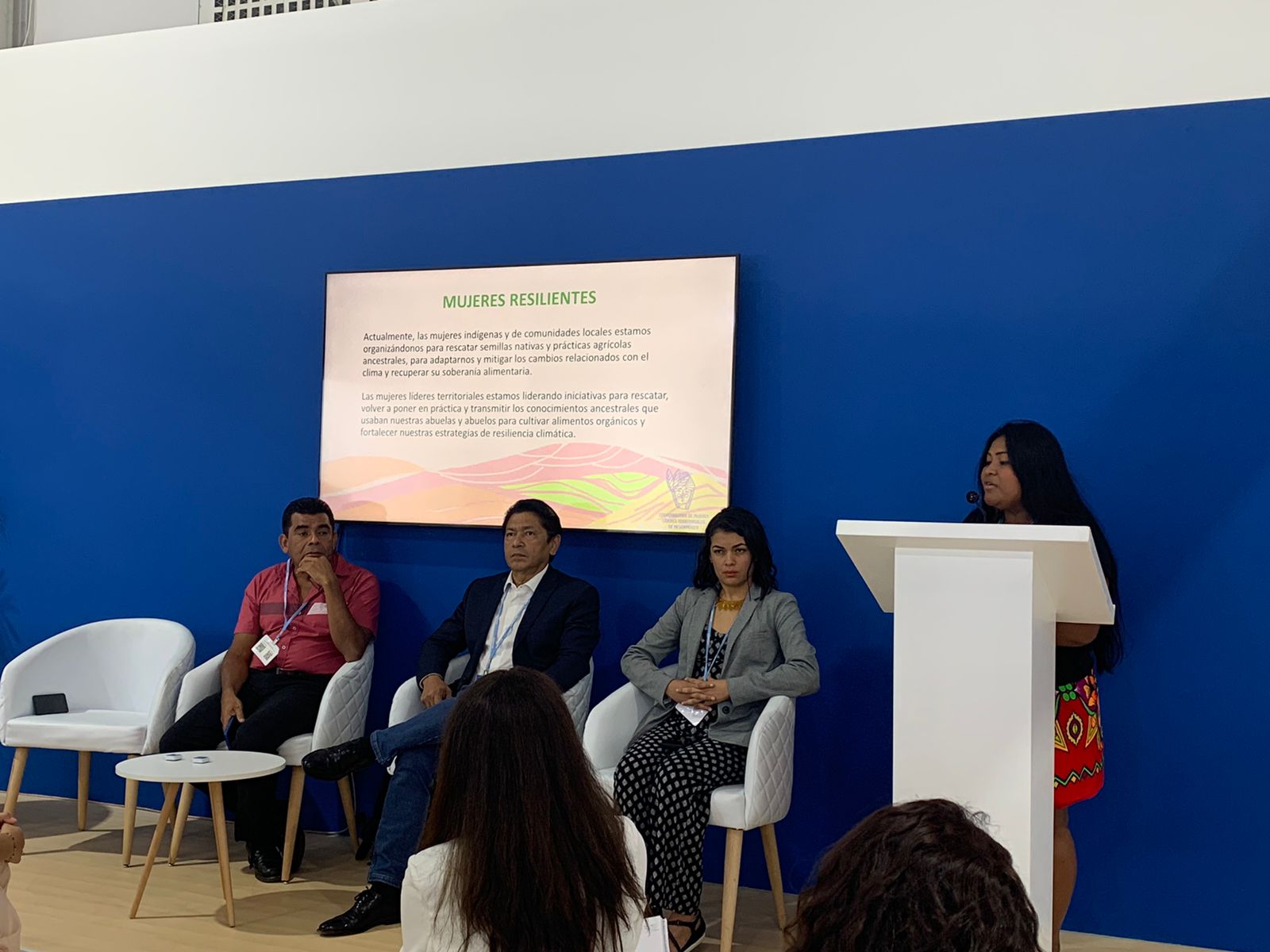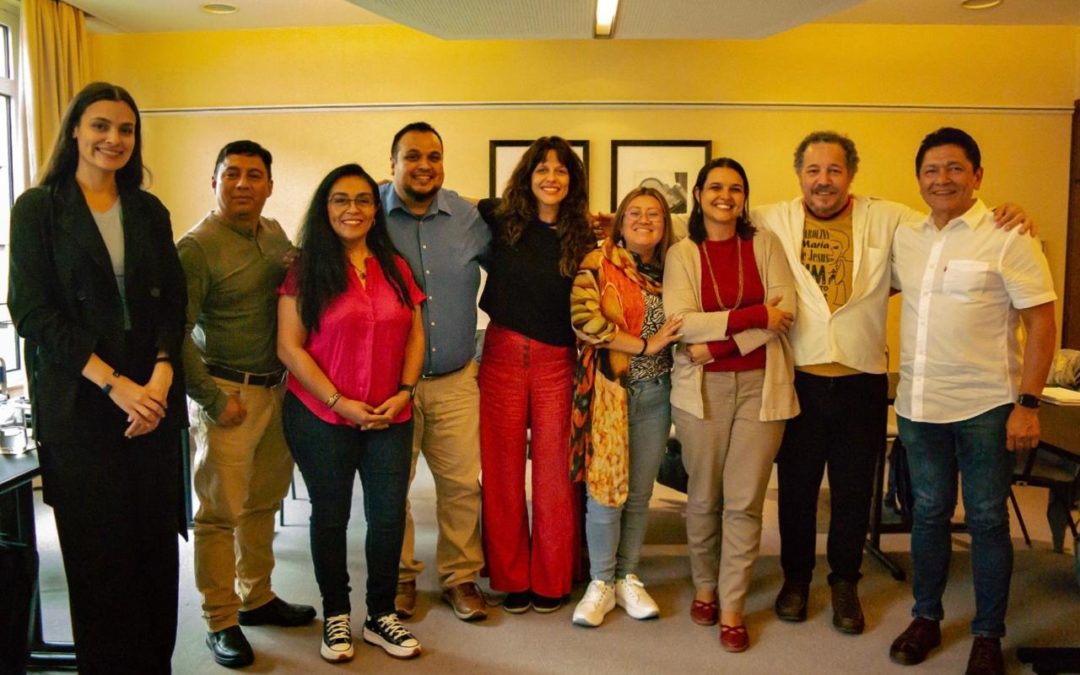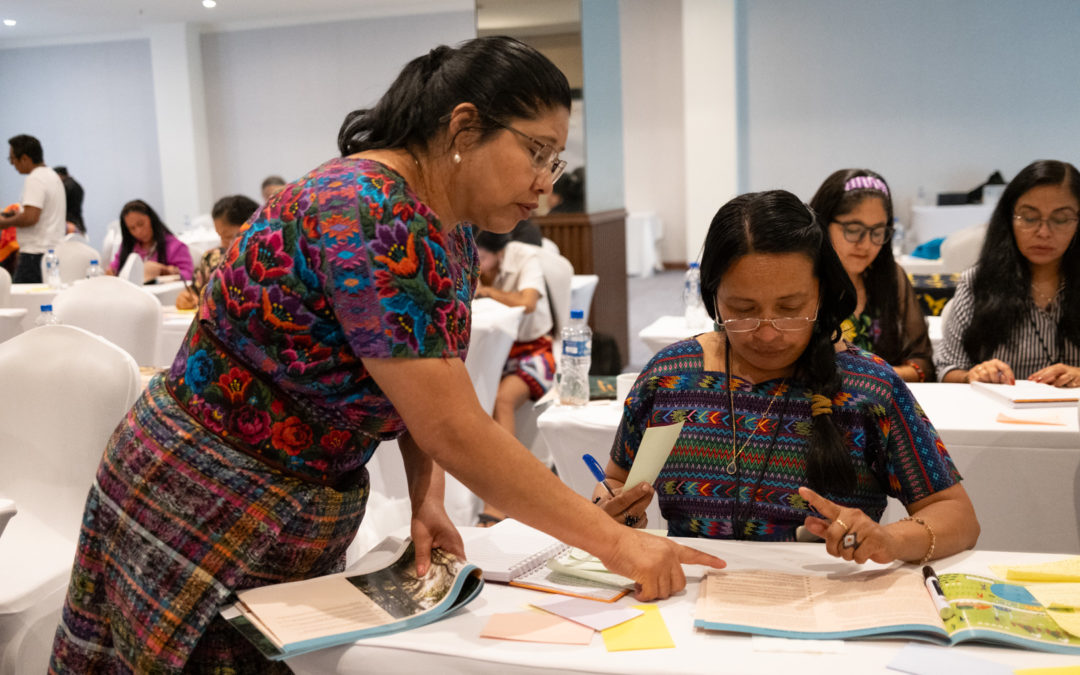From the Coordinator of Territorial Women Leaders of Mesoamerica:
We traveled from our communities to Sharm el Sheikh, Egypt for several days. Here we are, at the 27th UN Climate Change Conference COP27, with an open heart, feet on the ground, and a loud and clear voice so that our Mother’s call may be heard: no more destroying the shared home, it’s time to return to our #DeepRoots, to unite our cultural knowledge to heal the planet. We are not islands, as living beings, we are interconnected, and every act against Mother Earth is an act against ourselves.
There is no time for more promises, it is our historical duty to preserve life on earth, and to achieve this it is urgent to unlock direct funding for the true climate action leaders: indigenous peoples and local communities.
ANCESTRAL KNOWLEDGE
Sara Omi, Lawyer defender of the Emberá people, advisor of the AMARIE Artisan Association, and President of the Women Territorial Leaders Coordinator; along with Levi Sucre, head of the technical management of the Bribri and Cabécar Indigenous Network of Talamanca, Costa Rica, and Coordinator of the Mesoamerican Alliance of Peoples and Forests; Gustavo Sánchez, President of the Mexican Network of Rural Forestry Organizations; and Francisca Oliveira de Lima, Representative of the Amazonian states of Brazil were the event panelists Ancestral knowledge, territorial governance, jurisdictional REDD+: measures to address the Mesoamerican and Amazonian climate crisis.
Our message: Indigenous peoples have ancestral knowledge and practical experience in traditional systems of governance, territorial planning, sustainable food production, and forest, water, and biodiversity conservation; which should be recognized as environmental services and are essential to building joint solutions to the global climate crisis.
This parallel event within the COP27 framework was convened by the Mesoamerican Alliance together with EUROCLIMA + to promote the establishment of adaptation and mitigation strategies based on the knowledge of the Amazonian and Mesoamerican indigenous peoples.
It is urgent to unblock direct investments in the territories and ensure that these regeneration and conservation projects respect the inherent rights of the Forest Keepers over the land and include us (legitimate representatives of indigenous peoples and local communities) in all stages of the process, from the design of environmental projects (as partners, recognizing their Ancestral Knowledge, not as beneficiaries), so that they adapt to local conditions and respect their worldviews and conservation concepts, agriculture, ecology, development, and economy.
WOMEN OF THE TERRITORY: MOTHER EARTH CARETAKERS
It is part of the daily life of indigenous women and local communities to take care of food production and forest maintenance, waters, and biodiversity.
Defending their territories, preparing medicines based on sacred plants, singing and dancing to give thanks and ask for protection for their communities, cleaning the plots with machetes, collecting seeds in the forest, drying and threshing native seeds, reforesting, harvesting water, harvesting food from the garden. Indigenous women and from local communities put their ancestral knowledge into practice every day and, thanks to this perceptiveness, patience, discipline, and perseverance, the last tropical forests in the world are preserved.
We are coming to this COP27 with concrete examples of our daily environmental service. We have led processes of rescuing ancestral knowledge to continue strengthening our resilience strategies, achieving sustainable food production, usage, and forest conservation in our territories. We invite you to keep an eye on our posts to learn about our cultural and climate resilience stories.
VOICES OF THE TERRITORY
Heylin Sanchez, she will be one of the voices representing women territorial leaders at COP27. She will share her experience from the Kabata Könana Women’s Association, which created a network of knowledge weavers, who were collecting and putting back into practice the Bribri and Cabécar indigenous peoples’ ancestral knowledge. Today more than 100 families have incorporated these practices, being able to produce organic food which gets sold and exchanged in the Indigenous Virtual Produce Exchange, from an indigenous economy notion.
Follow the events of the Coordinator of Women Territorial Leaders at COP27:
IG and FB: @mujeresmesoamericanas






